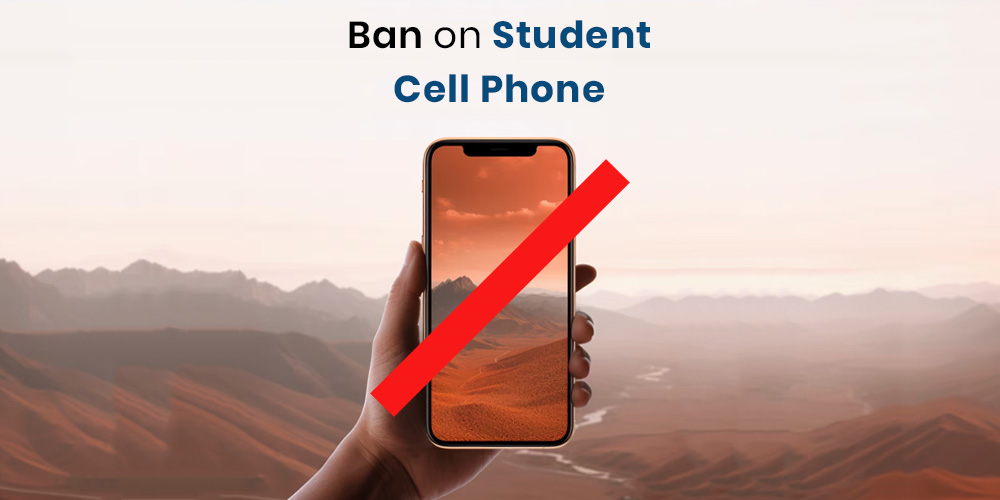Classroom Controversy: School Chiefs React to Proposed Ban on Student Cell Phone Use During Lessons
House Bill 383 Sparks Discussion Among Superintendents Regarding Classroom Distractions and Academic Focus
Superintendents from schools in Murray, Kentucky have expressed their opinions on House Bill 383 which aims to establish policies prohibiting students from using their mobile devices during instructional time. The bill, sponsored by state representatives Josh Bray, James Tipton, and Josh Calloway, addresses concerns regarding student distractions that may impact performance and behavioral issues. If passed, HB 383 would require school districts to implement or develop policies regarding the possession and usage of devices. However, exceptions will be made for emergencies and instructional purposes. State Representative Mary Beth Imes is supportive of the bill as she believes it has the potential to redirect classroom focus toward learning and reduce student stress.
Sponsored by Representatives, James Tipton, Josh Bray, and Josh Calloway and filed on January 25, House Bill 383 was referred to the Education Committee on February 1 and received a favorable response which led to a second reading on February 7 and forwarded to the Rules Committee. The bill prohibits students from using their electronic devices during instructional time and violations will lead to disciplinary action.
Based on a study conducted by Common Sense Media in 2023 it was found that 97% of teenagers admit to using their smartphones during school hours for media, YouTube videos, and gaming. Nevertheless, both Murray Independent School District (MISD) and Murray High School have existing policies in place that regulate device use with an emphasis on maintaining an educational environment while preventing disruptions as well as safeguarding privacy rights. Superintendent Coy Samons confirms that although devices are not allowed during the time they are permitted during transition periods between classes as well as, during lunch breaks.
The suggested bill may not bring about changes to their practices because they already have rules in place regarding the use of cell phones during instructional time. The superintendents show their support for the bill, which is to establish regulations based on existing local policies, within state law.
Editor’s note
Skoobuzz is in the domain of school outreach and community engagement and considers it crucial to be aware of legislative initiatives like these. The bill brings into light the prevalent issue of student distraction during instructional time, reflecting a need to refine our learning environments.
The insights shared and support received from educational pioneers like Mary Beth, highlight the necessity to establish clear policies to enhance academic focus and eradicate distractions. Staying aware of such legislative developments helps us understand the challenges being faced by educators and the implications of such laws on educational landscapes.














0 Comments (Please Login To Continue)